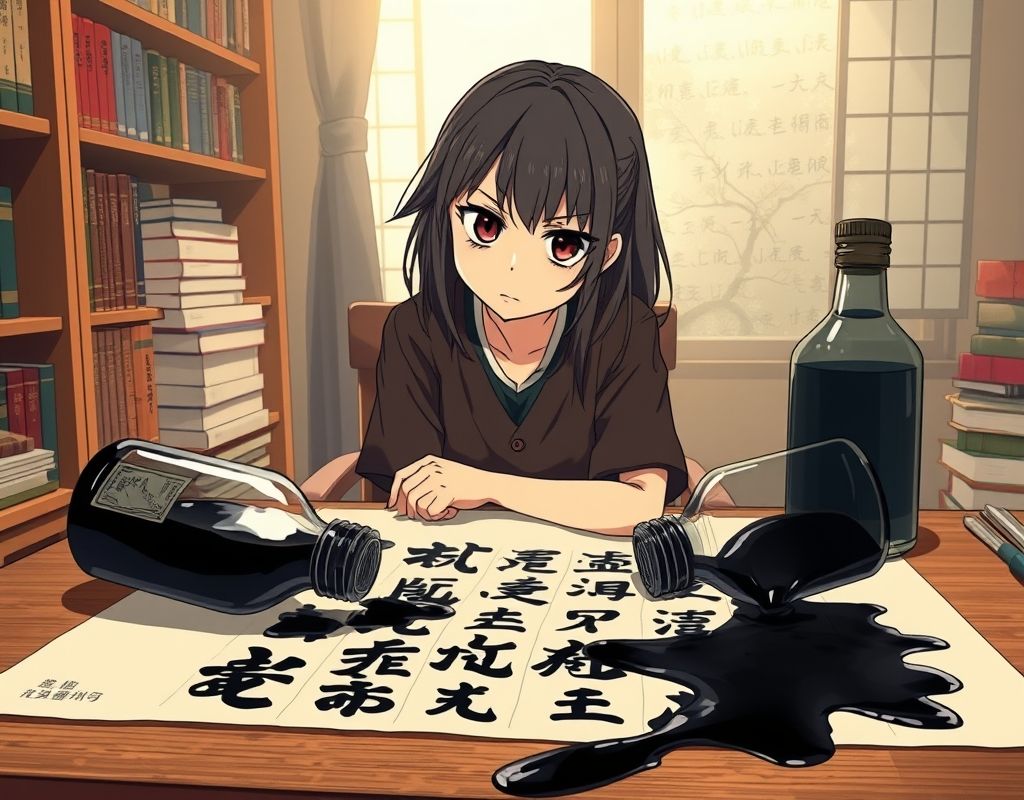
When Good Intentions Backfire: 裏目に出る
When Good Intentions Backfire: 裏目に出る (Urame ni Deru)
Have you ever been in a situation where you:
- Tried to crack a joke to lighten the mood, only to be met with dead silence? 😅
- Saw a busy colleague and offered to help, but ended up making things even more chaotic? 🤦♀️
For these bittersweet moments, the Japanese have a perfect phrase: 裏目に出る (urame ni deru).
🎯 What Does "Backfire" Mean?
Simply put, 裏目に出る means that an action you took with good intentions (良かれと思って) led to a completely opposite and negative result. It's not just bad luck; it's a direct consequence of your own action.
- 裏目 (urame): The reverse side, the back (in gambling, it refers to flipping a card and getting the unwanted side).
- 出る (deru): To come out, to appear.
👉 The phrase paints a picture of you flipping a card and getting the worst possible outcome, the 'reverse side' of what you hoped for.
😮 How to Use It in Real Life
This is a very common phrase in both spoken and written Japanese, often used with a sense of regret.
Example 1: When advice becomes a burden
子供のためを思って厳しくしたのが、裏目に出たようです。 (Kodomo no tame wo omotte kibishiku shita noga, urame ni deta you desu.) → It seems that being strict for my child's sake backfired.
Example 2: When help becomes a hindrance
良かれと思って手伝ったのに、かえって裏目に出てしまった。 (Yokare to omotte tetsudatta noni, kaette urame ni dete shimatta.) → I was just trying to help with good intentions, but it actually backfired.
Example 3: In a business context
コストを削減しようとした戦略が裏目に出て、顧客の満足度が下がった。 (Kosuto wo sakugen shiyou to shita senryaku ga urame ni dete, kokyaku no manzokudo ga sagatta.) → The strategy to cut costs backfired, leading to a drop in customer satisfaction.
✨ In Conclusion
Unlike 「〜はずなのに」 (when reality differs from expectations) or 「案の定」 (when a bad feeling comes true), 裏目に出る specifically highlights the irony of your own efforts and good intentions being the very cause of failure.
Next time you accidentally 'help' make a situation worse, you can sigh and use this phrase. It expresses regret in a very human and very Japanese way!
Thẻ liên quan:
Lan tỏa kiến thức
Chia sẻ những điều hay ho với bạn bè